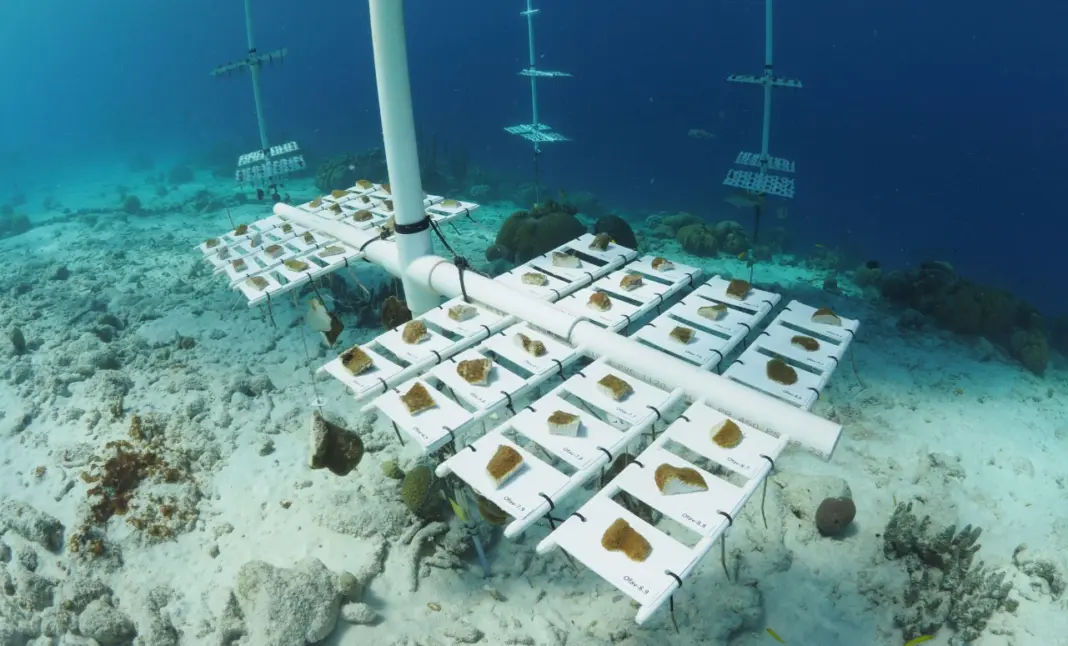Researchers from Georgia Tech University have found that a given level of biodiversity is key to a healthy and successful reef.
The research was recently published in Science Advances and highlighted several interesting and intriguing findings.
The research conducted by Cody Clements and Mark Hay on outplanted coral found that coral planted in a diverse group of three to six species thrived when compared to coral planted in clusters of one or two. Interestingly, they also thrived when compared to much more diverse gardens with nine species or more. Why this sweet spot of biodiversity exists is yet to be fully understood or to know what role it can play in a mature reef.
According to Hay, the Regents Professor and Teasley Chair in the School of Biological Sciences:
“We’ve done the manipulations, and the corals should be competing with each other, but in fact they do better together than they do on their own. We are still investigating the mechanisms causing this surprising result, but our experiments consistently demonstrate that the positive interactions are overwhelming negative interactions in the reef settings where we conduct these experiments. That means when you take species out of the system, you’re taking out some of those positive interactions, and if you take out critical ones, it may make a big difference.”

